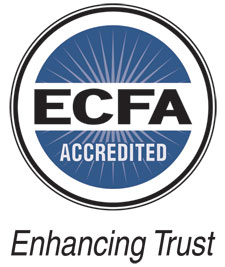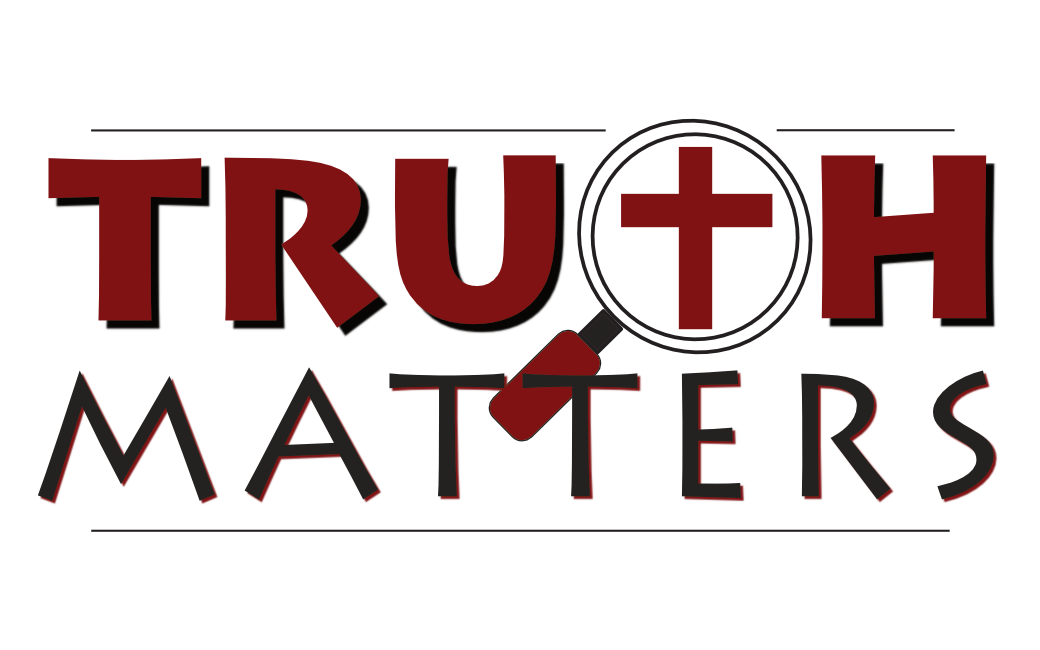-

Doctrinal Statement – Every member shall subscribe to a written statement of faith clearly affirming its commitment to the evangelical Christian faith, and shall conduct its financial and other operations in a manner which reflects those generally accepted biblical truths and practices.
- Board of Directors and Financial Oversight– Every member shall be governed by a responsible board of not less than five individuals, a majority of whom shall be independent, which shall meet at least semiannually to establish policy and review its accomplishments. The board or a committee consisting of a majority of independent members shall review the annual financial statements and maintain direct communication between the board and the independent certified public accountants.
- Financial Statements – Each member is required to submit complete and accurate financial statements. Accredited members must submit an annual audit performed by an independent certified public accounting firm in accordance with U.S. generally accepted auditing standards (GAAS) with its financial statements prepared in accordance with U.S. generally accepted accounting principles (GAAP). ECFA policies allow for an alternate category of membership that does not require audited financial statements. In which case the member must submit financial statements (with disclosures) prepared either in conformity with U.S. GAAP or the modified cash basis of accounting in which financial statements are either compiled or reviewed by an independent certified public accounting firm.
- Use of Resources – Every member shall exercise the management and financial controls necessary to provide reasonable assurance that all resources are used (nationally and internationally) in conformity with applicable federal and state laws and regulations to accomplish the exempt purposes for which they are intended.
- Financial Disclosure – Every member shall provide a copy of its current financial statements upon written request and provide other disclosures as the law may require. If audited financial statements are required to comply with Standard 3, they must be disclosed under this Standard. A member must provide a report, upon written request, including financial information on any specific project for which it is soliciting gifts.
- Conflicts of Interest – Every member shall avoid conflicts of interest. Transactions with related parties may be undertaken only if all of the following are observed: 1) a material transaction is fully disclosed in the audited financial statements of the member; 2) the related party is excluded from the discussion and approval of such transaction; 3) a competitive bid or comparable valuation exists; and 4) the member’s board has acted upon and demonstrated that the transaction is in the best interest of the member.
- Fund-Raising – Every member organization shall comply with each of the ECFA Standards for Fund-Raising:
- Truthfulness in Communication – All representations of fact, description of the financial condition of the member, or narrative about events must be current, complete and accurate. References to past activities or events must be appropriately dated. There must be no material omissions or exaggerations of fact or use of misleading photographs or any other communication which would tend to create a false impression or misunderstanding.
- Communication and Donor Expectations – Fund-raising appeals must not create unrealistic donor expectations of what a donor’s gift will actually accomplish within the limits of the member’s ministry.
- Communication and Donor Intent – All statements made by the member in its fund-raising appeals about the use of the gift must be honored by the member. The donor’s intent is related both to what was communicated in the appeal and to any donor instructions accompanying the gift. The member should be aware that communications made in fund-raising appeals may create a legally binding restriction.
- Projects Unrelated to a Ministry’s Primary Purpose – A member raising, or receiving funds for programs that are not part of its present or prospective ministry, but are proper in accordance with its exempt purpose, must either treat them as restricted funds and channel them through an organization that can carry out the donor’s intent or return the funds to the donor.
- Incentives and Premiums – Members making fund-raising appeals which, in exchange for a contribution, offer premiums or incentives (the value of which is not insubstantial, but is significant in relation to the amount of the donation) must advise the donor of the fair market value of the premium or incentive and that the value is not deductible for tax purposes.
- Financial Advice – The representative of the member, when dealing with persons regarding commitments on major estate assets, must seek to guide and advise donors so they have adequately considered the broad interests of the family and the various ministries they are currently supporting before they make final decisions. Donors should be encouraged to use the services of their attorneys, accountants, or other professional advisors.
- Percentage Compensation for Fund-Raisers – Compensation of outside fund-raising consultants or a member’s own employees based directly or indirectly on a percentage of charitable contributions raised is not allowed.
- Tax-Deductible Gifts for a Named Recipient’s Personal Benefit – Tax-deductible gifts may not be used to pass money or benefits to any named individual for personal use.
- Conflict of Interest on Royalties – An officer, director, or other principal of the member must not receive royalties for any product that the member uses for fund-raising or promotional purposes.
- Acknowledgment of Gifts-in-Kind – Property or gifts-in-kind received by a member should be acknowledged describing the property of gift accurately without a statement of the gift’s market value. It is the responsibility of the donor to determine the fair market value of the property for tax purposes. The member may be required to provide additional information for gifts of motor vehicles, boats, and airplanes.
- Acting in the Interest of the Donor – A member must make every effort to avoid accepting a gift from or entering into a contract with a prospective donor which would knowingly place a hardship on the donor, or place the donor’s future well-being in jeopardy.






